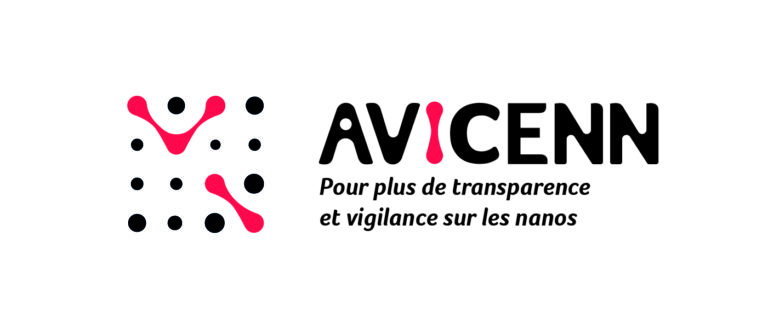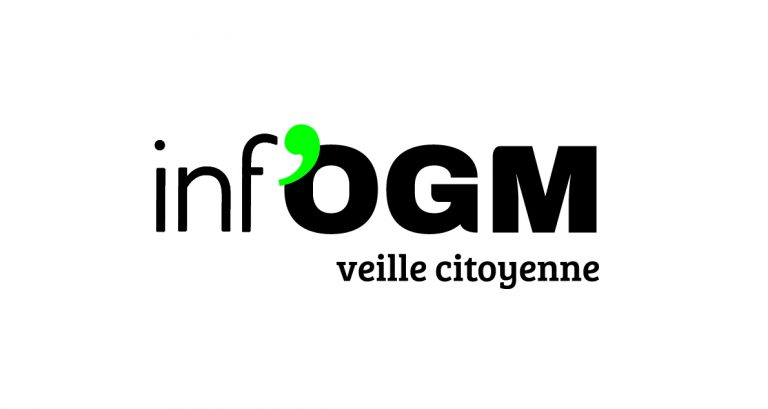Actualités
Veille juridique Inf’OGM du 3 au 10 janvier 2022
FRANCE
• Assemblée nationale
Réponse à une question écrite : délais des dossiers pour les essais cliniques des biotechnologies
Question écrite N° 38893 de Mme Valérie Oppelt (La République en Marche – Loire-Atlantique )
Texte de la question :
Mme Valérie Oppelt attire l’attention de M. le ministre des solidarités et de la santé sur la problématique des délais pour la validation des dossiers d’essais cliniques des entreprises de biotechnologies. Certaines entreprises françaises ont vu leurs demandes stagner durant plus de 9 mois, et pour quelques-unes ont décidé d’externaliser leurs essais cliniques et donc leur production dans d’autres pays, par exemple la Belgique. La validation des essais cliniques doivent bien sur faire l’objet d’une analyse rigoureuse, et il est entendu que la crise sanitaire a mobilisé en priorité les cliniciens, accroissant les délais. Néanmoins, le moment de la relance arrivant, les entreprises ont besoin de pouvoir reprendre leur activité sereinement et de manière à protéger l’emploi. Ainsi, elle aimerait connaître les dispositifs et les garanties prévues par le ministère pour éviter ces blocages et soutenir l’activité des entreprises françaises de biotechnologies.
Texte de la réponse :
Le respect des délais portant sur l’évaluation des recherches menées par les comités de protection des personnes est un des objectifs poursuivis par le conseil stratégique des industries de santé et, dans ce cadre, le ministère de la santé a mis en place de nombreuses actions pour permettre le respect des délais réglementaires. Ainsi, depuis mai 2021, les dossiers relevant à terme des règlements européens ont été priorisés. De plus, depuis juillet, une phase préparatoire simulant la coordination Agence nationale de sécurité du médicament et des produits de santé/Comités de protection des personnes (ANSM/CPP) est en cours avec un pool de 12 CPP dédiés à l’examen des recherches relevant à terme du règlement européen portant sur les essais cliniques de médicaments. Les statistiques montrent que plus de 99% des recherches portant sur le médicament soumis depuis le 7 mai 2021 ont obtenu un avis éthique dans le respect des délais réglementaires. D’autres mesures ont été adoptées et sont en cours d’adoption pour poursuivre et consolider ces bons résultats (externalisation des recherches mentionnées au 3° de l’article L.1121-1, incitation à candidater comme membre de comités de protection des personnes, simplification des procédures…). Ces mesures permettent de renforcer l’attractivité de la recherche en France et de garantir que l’ensemble des projets de recherches soumis aux comités de protection des personnes soient évalués dans le respect des délais européens et nationaux.
Lien : https://questions.assemblee-nationale.fr/q15/15-38893QE.htm
UNION EUROPÉENNE
• Parlement européen
Réponse à une question parlementaire : risques associés à l’utilisation des nouvelles techniques génomiques sur les plantes
Question E-004886/2021 de César Luena (S&D) :
New genetic engineering techniques produce mutations. Such mutations cause specific genetic patterns (genotypes) giving rise to new traits (phenotypes) that can go beyond the limits of genomic organisation.
Using those techniques on plants carries an element of risk, not only in terms of the predicted traits but also the complexity of the process itself, for example, the imprecision of genetic scissors or the use of older techniques to insert DNA from those scissors into plant cells, provoking undesired genome changes. Consequently, the overall safety of the plants produced by these techniques cannot be determined without a detailed, product-based risk assessment and if only the predicted traits are taken into account.
1. The initial impact assessment on the legislation governing plants modified by particular new genomic techniques suggests that the Commission intends to deregulate those plants on a large scale. Is this the Commission’s intention ?
2. How will it manage the risks associated with the techniques and complexity of new genetic engineering ?
3. These techniques are very likely to pose new and specific risks. How will it address this ?
Réponse de Mme Kyriakides au nom de la Commission européenne :
1. The Commission’s decision to initiate a policy action for plants produced by certain new genomic techniques is not a proposal to deregulate, but to design a proportionate regulatory framework that is adapted to scientific and technological progress. Its aim is to ensure a high level of protection of human and animal health and the environment, as well as enable innovation and the contribution of new genomic techniques to the objectives of the European Green Deal and the Farm to Fork Strategy.
2. Certain new genomic techniques, namely targeted mutagenesis and cisgenesis techniques, can be used to produce alterations of the genetic material that can also be obtained by natural mutations and conventional breeding techniques, or can be used to produce alterations that are more complex. The current regulatory framework is not adapted to the resulting diverse risk profiles and needs adaptation to scientific and technological progress. Therefore, an impact assessment will be carried out in 2022 to assess different policy options. These options will include risk assessment and approval requirements proportionate to the risk involved, e.g. in terms of data and studies, taking into account elements such as the specific technique used, the type of modifications or the novelty of the trait. These risk assessment and approval requirements will be assessed in the impact assessment.
3. The European Food Safety Authority (1), replying to a mandate from the Commission, did not identify new hazards specifically linked to the techniques in the scope of the policy initiative, compared with both conventional breeding and transgenesis.
(1) EFSA Panel on Genetically Modified Organisms, 2020. « Applicability of the EFSA Opinion on site-directed nucleases type 3 for the safety assessment of plants developed using site-directed nucleases type 1 and 2 and oligonucleotide-directed mutagenesis ». EFSA Journal, 2020 ; 18(11):6299, 14 pp. https://efsa.onlinelibrary.wiley.com/doi/full/10.2903/j.efsa.2020.6299
EFSA Panel on Genetically Modified Organisms, 2012. « Scientific opinion addressing the safety assessment of plants developed through cisgenesis and intragenesis ». EFSA Journal, 2012 ; 10(2):2561, 33 pp. https://efsa.onlinelibrary.wiley.com/doi/pdf/10.2903/j.efsa.2012.2561
Lien : https://www.europarl.europa.eu/doceo/document/E-9-2021-004886-ASW_EN.pdf
Nouvelle question parlementaire : compatibilité de la Juridiction unifiée du brevet avec le droit de l’Union européenne
Question E-005551/2021 de Patrick Breyer (Verts/ALE) :
Over the last 10 years, the Court of Justice of the EU (CJEU) has developed an established body of case law regarding the compatibility of international courts with EU law (1).
In its judgment in Paul Miles and Others v European Schools (2011), the CJEU stated that : “ the Complaints Board [at hand] is not such a court common to […] Member States. Whereas the Benelux Court […] procedure […] is a step in the proceedings before the national courts leading to definitive interpretations of common Benelux legal rules […], the Complaints Board does not have any such links with the judicial systems of the Member States. ”
The CJEU’s criterion for a “ court common to […] Member States ” is that it should have functional links with the courts of the Member States when it has to apply EU law and cooperate with the CJEU.
1. Does the proposed Unified Patent Court comply with this criterion ?
2. If so, what are its links with the courts of the Member States ?
(1) European and EU Patent Court (2011), Miles (2011), European Court of Human Rights (2014), Oberto (2015), Achmea (2018), CETA (2019).
Lien : https://www.europarl.europa.eu/doceo/document/E-9-2021-005551_EN.html















